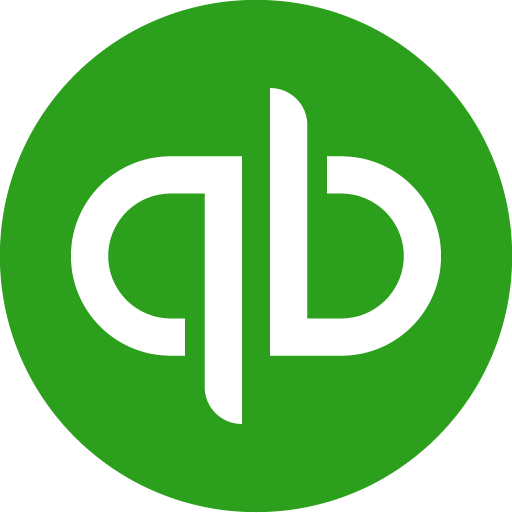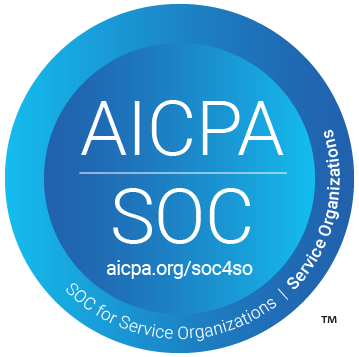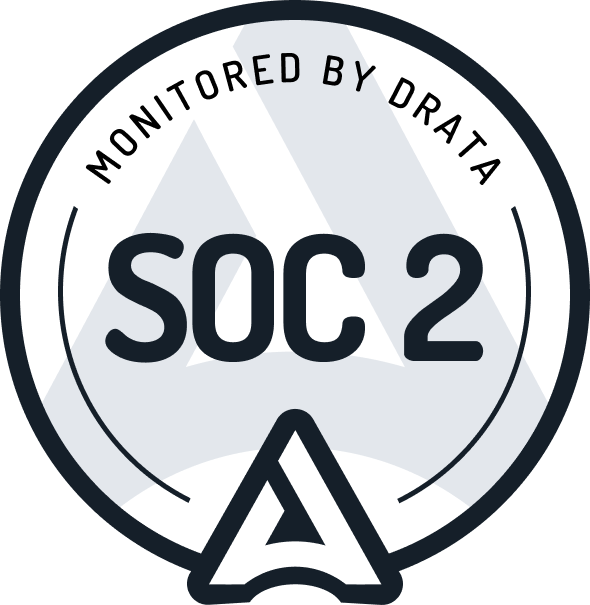In the world of budgeting, you may have heard of the term "fixed expenses." But what does fixed expenses mean? Well, fixed expenses are costs that don't change from month to month. They remain constant, hence the name fixed expenses.
Some common examples of fixed expenses are insurance, equipment lease payments, and property taxes. These kinds of things don’t vary on a monthly basis, so it's helpful to include them in your budget under "fixed expenses."
This article will give a fixed expenses definition and explain this concept in more detail. We’ll also give you some examples of fixed expenses, go over the four main types of fixed expenses that most businesses have, and explain the difference between fixed and variable expenses.
What are examples of a fixed expense?
You probably already have an idea of what fixed expenses are. You pay them every month, like insurance premiums, software subscriptions, and your office lease. These are all examples of fixed costs because they don't change no matter how much you earn in a given month.
What are the five fixed costs?
There are many different fixed costs you might encounter throughout the course of conducting your business, but the five main categories of fixed business costs are as follows:
- Depreciation
- Amortization
- Insurance
- Office rent
- Utilities
Remember, fixed costs are those that you have to pay no matter what. If you decide to close for the holidays, you'll still have to pay the rent for your office; you can't get away from it!
What is the difference between variable and fixed expenses?
Fixed expenses don’t change based on your income level. They're things like depreciation, office rent payments, insurance policies, and other long-term commitments that keep going regardless of your revenue.
When people talk about overhead costs in business, they mean fixed expenses, the stuff you need to pay no matter what in order for your business (or life) to continue operating normally.
Variable expenses change from month to month. Variable expenses include things like labor costs at your business; you know that you need to pay for this each month, but the amount you need to pay changes based on a number of different variables, such as hours worked, and materials used etc.
It can be difficult to predict your variable expenses at any given time, but you should have a good idea of what your fixed expenses will cost you each month with a relatively high degree of certainty.
What are the four types of expenses?
There are four types of expenses:
- Fixed
- Variable
- Semi-variable
- Semi-fixed.
Let's briefly go over each type so that you can understand the differences between them.
- Fixed Expenses: As the name suggests, fixed expenses don’t change; the price is "fixed." The best example is your office rent or lease payment.
- Variable expenses: These types of expenses change from month to month. Examples include materials consumed in production as well as labor costs associated with salaries and benefits or spontaneous purchases.
- Semi-variable expenses: These expenses fall somewhere between fixed and variable: they may rise slightly during periods when production increases but do not rise that much over the short term. One good example is gas for your company vehicles, you have a good idea of what it normally costs, but it could change slightly based on the specific mileage that month and the prices at the pumps.
- Semi-fixed expenses: Finally, semi-fixed expenses can be partly fixed and partly variable since they have some fixed components that don't change from period to period but also have other components that vary depending on whether there are increases or decreases in production over time (e.g., machinery depreciation).
Conclusion
In simple terms, fixed expenses are those that are expected to remain the same or not increase or decrease in the short term. The upside to fixed expenses is that you know what they are and can always budget for them accordingly. The downside to having fixed expenses is that it's difficult to save money on these things should an emergency arise; you will still need to pay them regardless of what life throws your way.
One of the best ways to stay on top of your finances is by using a professional accounting tool, such as LiveFlow. With LiveFlow, you can keep track of your income and expenses easily so that you'll always know what's coming and going from your accounts.
Plus, LiveFlow even connects with QuickBooks and Google Sheets so that you can have all your financial information in one convenient place. So, if you want to simplify your accounting and personal finances, then be sure to check out LiveFlow today.



.png)





